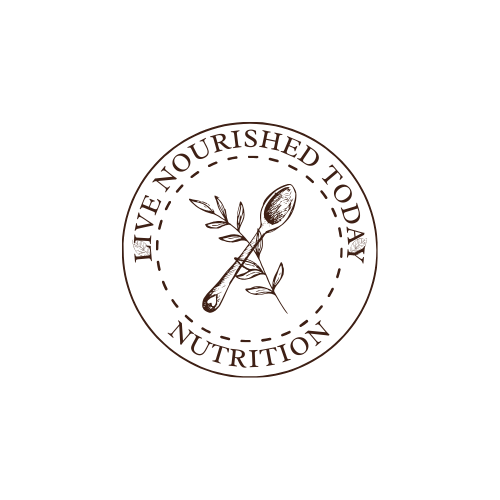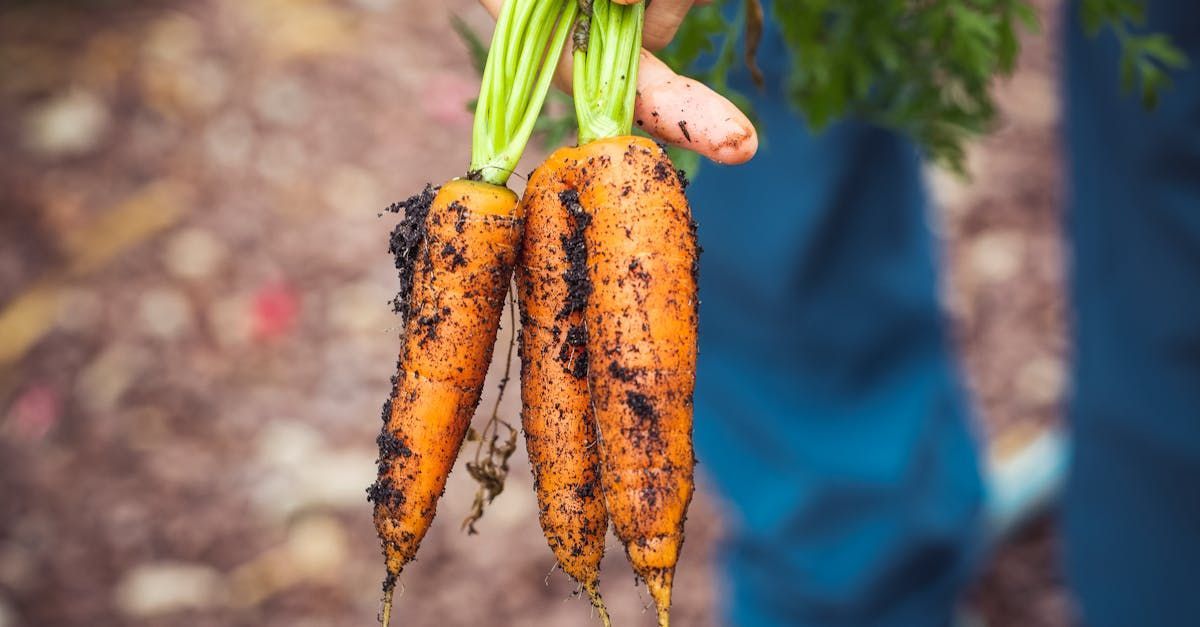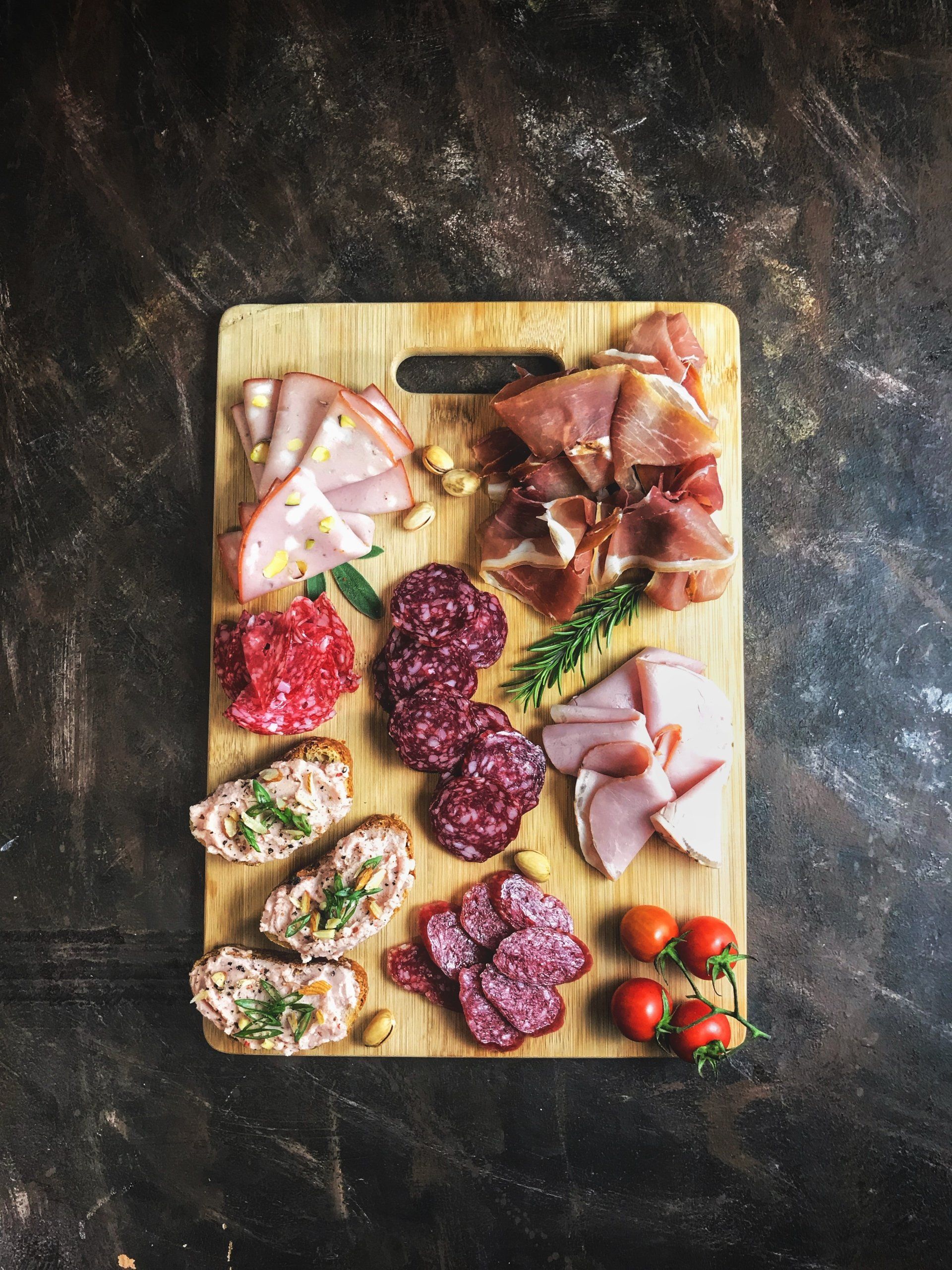Live Nourished Today, LLC
What is GERD?
GERD stands for gastroesophogeal reflux disease. Gastro esophageal reflux happens with your lower esophogael sphincter relaxes or is weak when it shouldn’t. Symptoms include pain in the chest, belching, nausea, and bitter taste.
Foods to Consume to help:
• Non-citrus fruits such as bananas, berries, melons, peaches, apples, pears
•Lean meats: Eating lean meats that aren’t fried are less likely to cause symptoms
• Whole grains such as oats, whole grain bread, couscous, quinoa, and rice
• Vegetables
• Unsaturated fats from fish, nuts, seeds and healthy oils. Including salmon, olive oil, avocados, trout, pumpkin seeds, and walnuts.
Foods to Limit:
• Fried foods- these foods linger in the stomach longer making it more likely to cause GERD symptoms
• Spicy foods - hot sauce, hot peppers, chili
• Tomatoes and tomato based products
• Citrus foods - orange, lemon, grapefruit, lime
• Chocolate and caffeine
• Carbonated drinks and alcohol - may trigger heartburn
• Onions
Lifestyle Changes to Help:
• Eat smaller, more frequent meals instead of big meals
• Avoid high intensity exercise after eating
• Don’t lie down after eating
• Take your medication as directed, if prescribed
Supplements to Help:
• Betaine HCl: Hydrochloric acid is required to break down foods. When the stomach doesn’t produce enough HCl, acid reflux can occur.
• Melatonin: has been shown to inhibit gastric acid secretion while increasing gastrin release, stimulating the lower esophageal sphincter to contract



